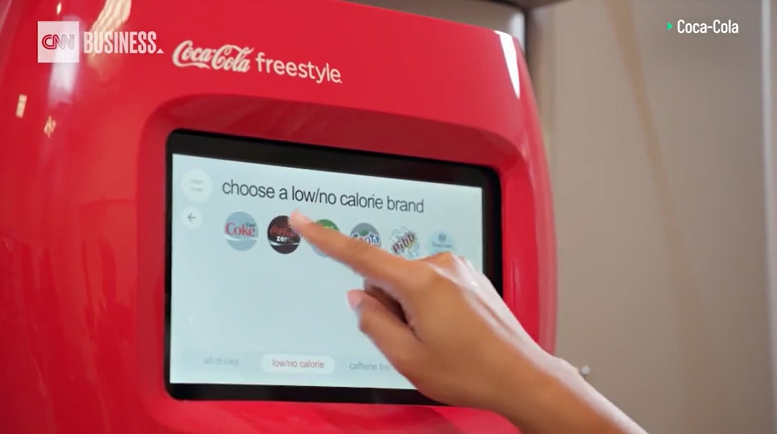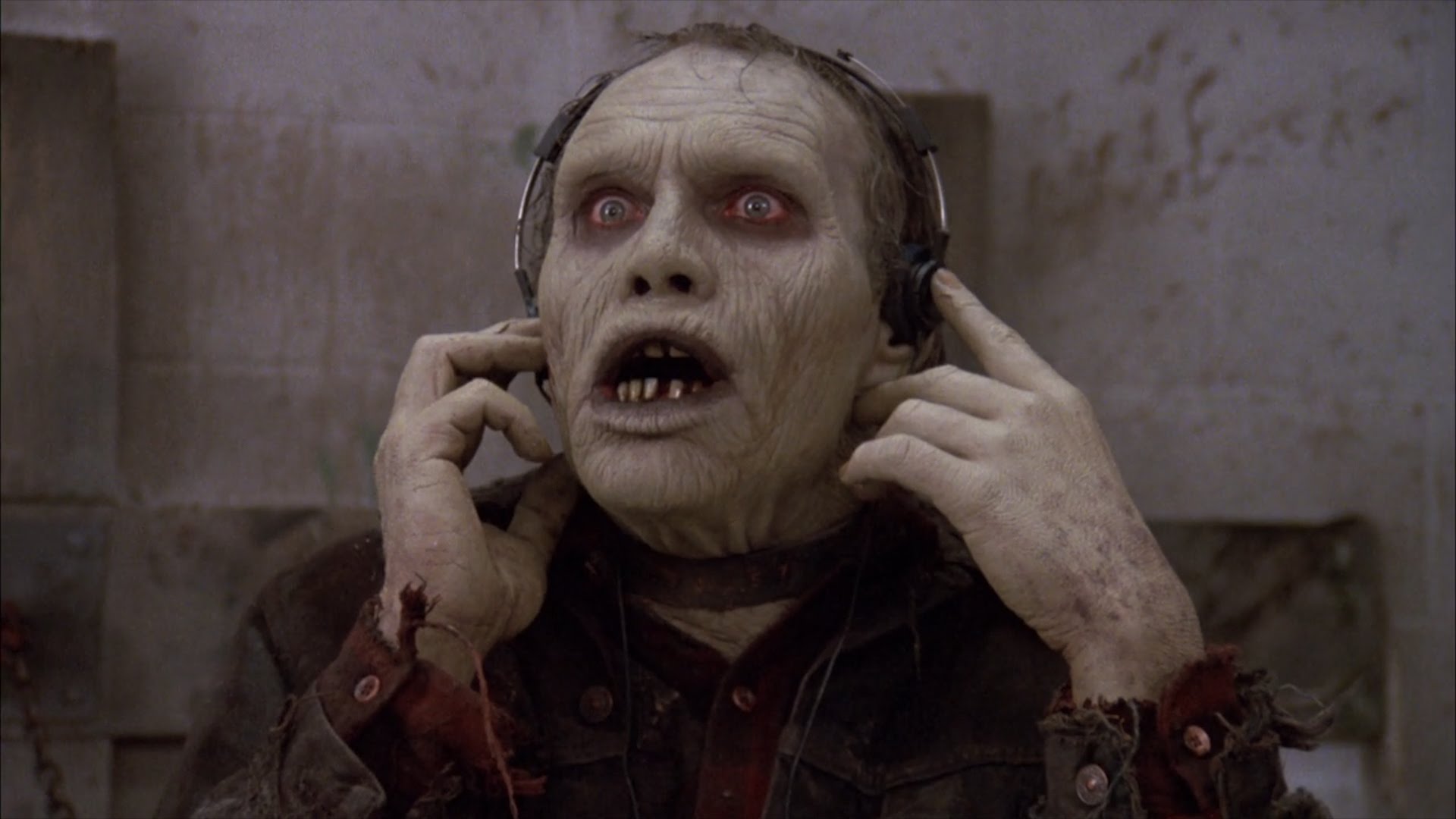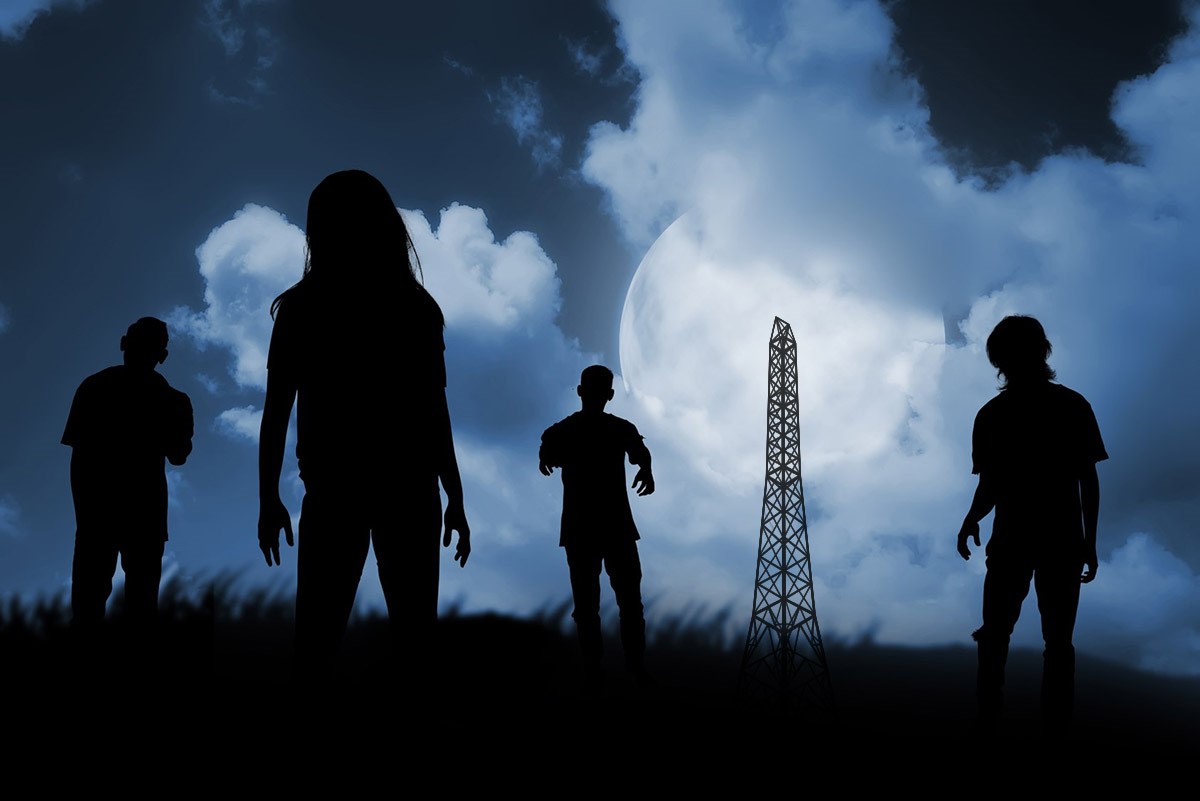
A major news story from Coca-Cola headquarters last month came as a big surprise to me. In case you missed it, they killed off their Odwalla juice smoothie brand in an effort to shift priorities, especially given changing consumer needs.
The shocking part wasn’t the decision by the Coke team – it was that I’d never heard of Odwalla.
A trip to your local grocery or supermarket reveals an impossible-to-navigate melange of soft drink, juice, and water brands, not to mention energy drinks and alcoholic beverages. Somehow, the Odwalla brand never cut through with me – but also most people, based on less-than-impressive impact in the marketplace.
Maybe part of the issue was Odwalla’s marketing effort. I found a number of different campaigns, none of which appears to have cut through. This is a good example of a forgettable commercial – and brand.
Even big companies sometimes have to learn the hard way. They may have incredible resources and history, but even a corporation the size of Coke only has so much bandwidth. CNN Business reports that, in fact, Coca-Cola alone has 400 brands. And according to their CEO, James Quincey, more than half have “little to no scale,” contributing a meager 2% of total revenue.
Yet, they take up space – not just on store shelves, but in human and financial resources at Coke. And these days, there’s no room for “zombie brands” – products that are the beverage version of the walking dead.
As you might imagine, there’s no shortage of consumer research for Coke’s analysts to study. CNN Business reporter, Alicia Wallace, also reports that “freestyle” soda machines are packed with data about the brands consumers choose – and the ones they combine to make their custom beverages.

Coke’s realization that “more is not more” is permeating the company, sharpening its focus on “prioritizing fewer but bigger and stronger brands.”
This is part of a longer-term effort of “identifying and killing zombie brands.” In the first six months of 2019, Coke deep-sixed more than 275 different products.
So, what does this process of brand elimination mean to radio?
Corporately, the philosophy that owning a half a dozen stations in every market has turned out to be a mixed blessing. On the one hand, there’s strength in numbers. But on the other, most clusters have a station (or two) performing about as well as Odwalla.
 Employing the “zombie brand” strategy might mean several things – including concentrating most resources on the one or two best stations in the cluster, ensuring their health and welfare. Clearly, staff and finances are both in short supply, so marshaling what’s left to support the best stations in the building might make even more sense in our COVID-infused business world.
Employing the “zombie brand” strategy might mean several things – including concentrating most resources on the one or two best stations in the cluster, ensuring their health and welfare. Clearly, staff and finances are both in short supply, so marshaling what’s left to support the best stations in the building might make even more sense in our COVID-infused business world.
Looking across its portfolios, how many broadcast radio companies are supporting weak, problematic stations year after year, when those resources could be used to build or at least prop up the stations that are cash flowing?
On the digital front, it might very well be a similar set of circumstances. In their rush to build modern assets, some companies may find they “over-built,” investing resources in so many digital directions that none is cutting through. Paul Jacobs has seen this phenomenon in his many sales meetings in recent years – salespeople are often tasked with selling too many digital products, making it difficult for the best performing of the lot to get their due.
Podcasting provides another good example, a vertical where only a small percentage of shows truly generate significant revenue. Of course, public ![]() radio has led the radio broadcasting league with its podcasts. And over time, producers like NPR and WNYC Studios have learned that while it’s always desirable to create more hits, having too many podcasts on the shelf can detract from those that have a bona fide chance to be successful.
radio has led the radio broadcasting league with its podcasts. And over time, producers like NPR and WNYC Studios have learned that while it’s always desirable to create more hits, having too many podcasts on the shelf can detract from those that have a bona fide chance to be successful.
As Coke’s James Quincey would no doubt agree, eliminating those “zombie podcasts” can be a healthy process.
And program directors may be thinking along these same lines, especially when it comes to features, benchmarks, weekend shows, and other programming hooks that have become “the walking dead.”
Ries & Trout’s “Law of Sacrifice” comes into play here, because like commercial inventory, there are only so many promo positions available. When PDs are messaging too many things, very little cuts through.
We see this playing out in email newsletters as well. “Zombie promotions” can obscure the main messages programmers and sales marketers need to get across. When stations’ emails contain a half dozen (or more) items, the one or two most important ones often get lost in the noise.
 We’re also seeing the same phenomenon play out with charity and public service functions. Stations often become frustrated when the research comes back and they’re well behind in winning “the station that’s most involved with the community” perception – especially when they’re supporting myriad good causes and worthy charities throughout the course of the year.
We’re also seeing the same phenomenon play out with charity and public service functions. Stations often become frustrated when the research comes back and they’re well behind in winning “the station that’s most involved with the community” perception – especially when they’re supporting myriad good causes and worthy charities throughout the course of the year.
Concentrated efforts – which might very well translate into winnowing the number of charity affairs, fundraisers, and other benevolent activities – stand a better chance of succeeding when there are fewer of them for splintered staffers to support.
In the process, promotion managers can take a hard look at charity partners to ascertain which are the best collaborators versus those that simply mail their efforts in. The end result could very likely be more success for fewer charity partners, as well as better audience perceptions and more brand equity for stations making the effort.
There are “zombies in our midst” – or perhaps better put, “Odwallas” – no matter where you look. As painful as COVID-19 has been, its roiling effects stimulate us to take a little healthy inventory into our businesses, our radio stations, – and perhaps our personal lives – to examine where our time and efforts are being spent.
And I’m reminded there are likely “zombie blog posts” – the standouts that have an impact and resonate with you, but also those that come and go,  are forgettable, or simply miss the mark.
are forgettable, or simply miss the mark.
JacoBLOG might benefit from me eating my own dog food here. Fewer blog posts each week (there’s been a new one every weekday for more than 15 years) versus just one or two across most workweeks might be a fair question.
You tell me. The last thing we all want is a bunch of zombies hanging around.
- What To Do If Your Radio Station Goes Through A Midlife Crisis - April 25, 2025
- A 2020 Lesson?It Could All Be Gone In A Flash - April 24, 2025
- How AI Can Give Radio Personalities More…PERSONALITY - April 23, 2025




Zombies, White Walkers, Excess Baggage, Wasted Signals. Fans want hits rather than foul balls, any day. Looking at the Spring/June/July numbers, too many niche formats drain time, space, money and service from the Champions. Right now, more Radio Champions are an essential necessity. Thoughts and best wishes to Senator Gordon Smith.
We all hope the Senator is doing well, Clark. Thanks for these thoughts.
great article Fred. Can’t agree more with this.
Much appreciated, David!
For what it’s worth, Fred, I like your daily blogs, and really appreciate you taking the time to write them.
Appreciate it, John. Thanks for the kind comment.
Fred,
Always appreciate your keen insights!
I would hate to see the daily blog insights cut back. You reach different areas everyday, and always cause me to stop and think. Some subjects have more immediate impact for me than others, but even the topics that may not have a direct impact on my duties, there is always great information that I share (read “steal”) and pass on to others in the building.
I appreciate the use of your big brain on a daily basis…so please…no days off!
Jeff, thank you. What’s left of my brain has been hurting since COVID-19. Frankly, the blog has become more challenging to write as the pandemic dominates our lives and our work. But it is still something I enjoy. Appreciated.
Wow. That commercial. Ugh. Even with, like, six seconds left, I’m thinking, “Do I REALLY need to watch this to the end??” When The Next Great Marketing Book is written, there really needs to be a chapter entitled, “Odwalla: Don’t Let This Happen to You.”
As for your scaling back the blog, like others, while not all the blogs may be of equal interest to me, there’s just something about your writing style, Fred, that, even when something DOESN’T seem like it will be of interest to me, once I start reading, I’m hooked. Guess what I’m saying is, you have a way of making ANY topic interesting!
That said, the fact you asked suggests to me you’d actually like to cut back some. Even as I type, I think of the great Johnny Carson, who, if I recall correctly, started having a guest-host on Mondays and then a “Best of Carson” show on Tuesdays. Perhaps a guest columnist one day a week, followed by a “Best of” past blogs? When you choose “best of” columns to rerun at the end of each year, they always feel as relevant and fresh as ever–sometimes even MORE timely than when they first ran. For the guy who gave the world “Classic Rock,” I’ll bet there are tons of “Classic Columns” people would love seeing again–or in many cases, no doubt, enjoy for a first time. Best of all worlds, seems to me.
Whatever you do, thank you for all you’ve done and being the great champion of our industry you are.
Thank you for the truly, kind and thoughtful remarks, Dave. To even be in the same paragraph as Johnny Carson is an honor. Appreciate the feedback on the blog. I am thinking about Fridays (during the pandemic and not, the least-read day more often than not), installing a “Best of” there.
But not today. 🙂
Thanks again for reading it every day & for taking the time to engage.
Great stuff any cluster can begin to act on right away! Thank you!
Appreciate it, Rob. Thanks for reading our blog.
Paraphrasing The Who. Long live the JM blogs, Fred. We need them every day. Especially now.
Appreciate that, Andy. Thanks!
Great article Fred and I couldn’t agree with you more!
Now is definately the time to cut non-performing assets – not necessarily the people type – but the poor decisions and wrong paths travelled that have not produced any significant benefit to the business or brand.
I’ve seen misguided outfits head rapidly down recruitment, real estate and other non-aligned paths instead of leveraging the already acquired content creation and entertainment skills.
Among other costly mistakes I’ve seen licence hoarding to keep competitors out of markets. Why bother. We’ve all seen that listeners will find the content they want to consume even if it’s not terrestrial.
When times are good and growth is positive, sure there might be an opportunity to explore new ventures, but not when resources are expended to prop up failing business units that should never have been pursued in the first place.
People are our best asset, now is the time to leverage them at their best skills. This is where true entertainers will shine.
At the very least we can offer our audience an escape from all the drama right now.
Darren, thanks for these thoughts. I think you identified some of those key “zombie paths” I was referring to. A station manager contacted me the other day. His situation is thriving at the moment (go figure, right?), and his question revolved around how they could best spend their time and money. I loved the question, for all the right reasons. Appreciate you chiming in.